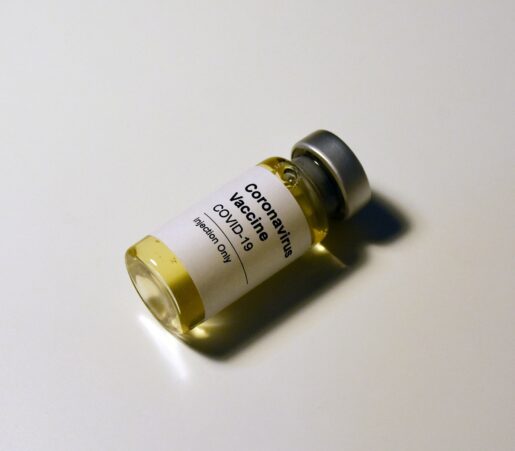I will take the Covid-19 vaccine, when available, because on balance I believe I have a moral duty to do so. I also understand why some people have reservations about its safety, its efficacy and its morality. (I have already discussed here and here the morality of using vaccines using cell lines derived from abortions.)
As I am not a medical expert, I won’t address the first two issues (safety and efficacy), but the scientific consensus is certainly that they are as safe as other, long-established vaccines, with only minor, short-lasting side effects for the most part after receiving a jab, like aches and pains.
Instead, I will address the ethical factors that need to be considered in deciding whether you have a moral duty to receive a vaccine, in the hope that my thoughts will help others to make up their own mind.
We are dealing here with what moral philosophy call ‘prudential matters’, that is, practical decisions that need to take into consideration general rules but also specific circumstances. As these circumstances are different, the outcome of our judgements will be different too and I am not surprised if someone will come up with a different conclusion for themselves, even if they agree with me in principle.
Our culture generally places huge stress on freedom of choice and bodily autonomy, but the current pandemic shows how much we depend on each other and it reveals to what extent my decisions – particularly with regard to vaccination – can have a decisive impact on others.
Our primary ethical consideration in this regard should be towards the common good. In deciding what is the right thing to do, I should take into account the good of my community, particularly of those most vulnerable and of those around me that will be directly affected by my own choices.
The success of vaccination programmes depends on widespread compliance. In other circumstances, it is the sacrifice of a few that brings benefit to the rest. Think of soldiers who give their lives to save the whole country. This case is different because vaccination protects everyone and the risk involved in taking it is vastly less than to the soldier on the front line defending us. So, it is beneficial to all, and this makes the argument in favour of taking it very strong. Therefore, almost all of us have an interest in being vaccinated. Do we also have a moral duty?
The answer is yes, because of the obligations we owe to others. Even if a person is young and healthy, there is still the risk that in catching the infection, they will pass it on to others who are more vulnerable than themselves (even though it does not yet seem entirely clear to what extent the vaccines present transmission as opposed to preventing symptoms).
I am convinced that those, like myself, who have no medical counterindication, have a moral duty to vaccinate. It is a duty towards vulnerable patients who cannot protect themselves, and towards those who have made significant sacrifices.
It is also ethically important to set virtuous example by publicly supporting vaccination. Vaccination needs to be a collective action to optimally effect the common good. The benefits for all will only arrive if there is a wide participation. Any legitimate concern about risks should be addressed from the point of view of the common good.
I appreciate the good faith of those who think the vaccines are not yet proven to be safe, although a big majority of doctors think otherwise. However, I believe the risks to society of the vaccines not being widely taken up are far greater than any theoretical risks posed by the vaccines themselves.
This is why I think that unless one has medical contraindications, the right thing to do is to vaccinate.
—
Photo by Hakan Nural on Unsplash
















